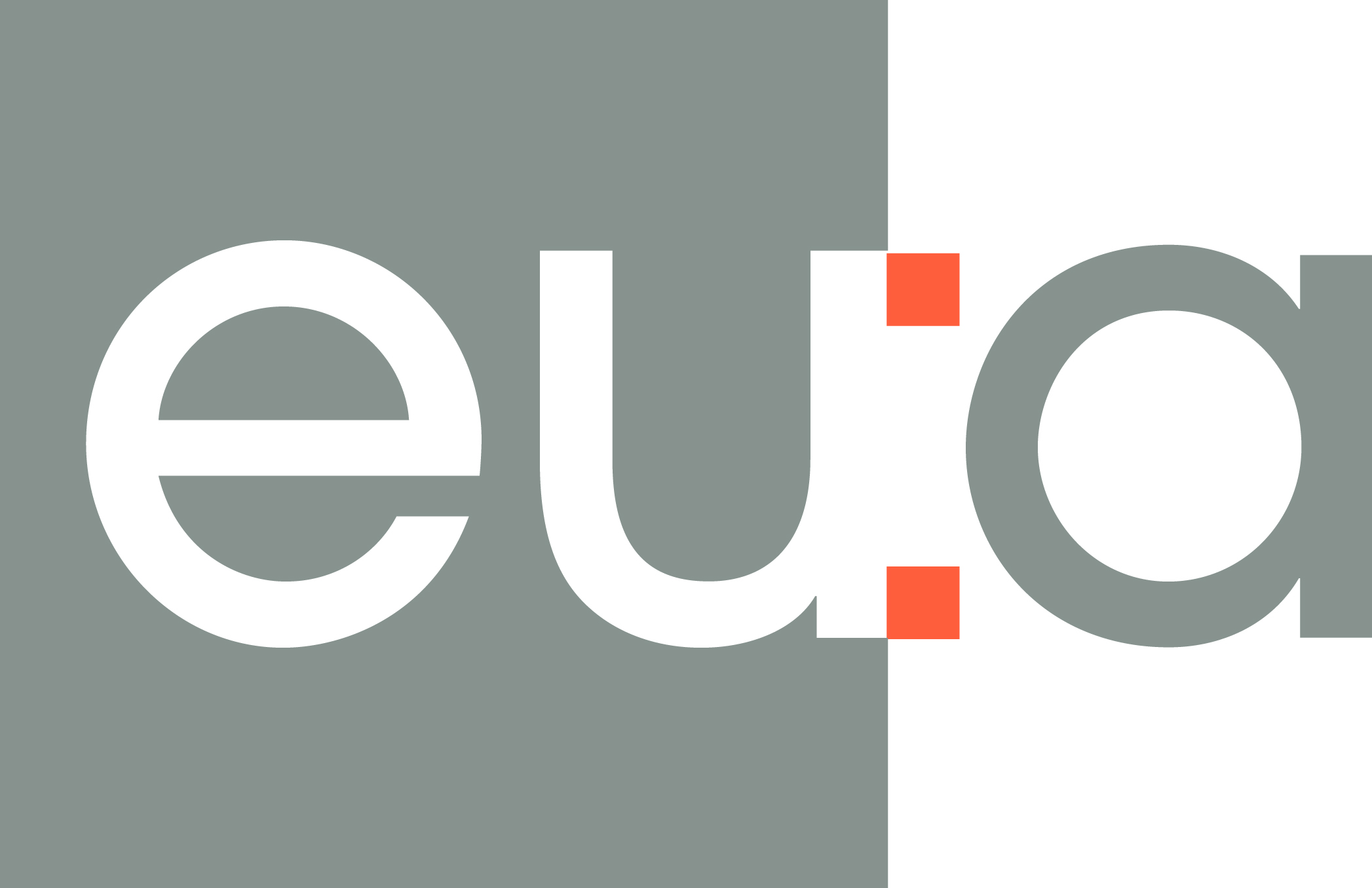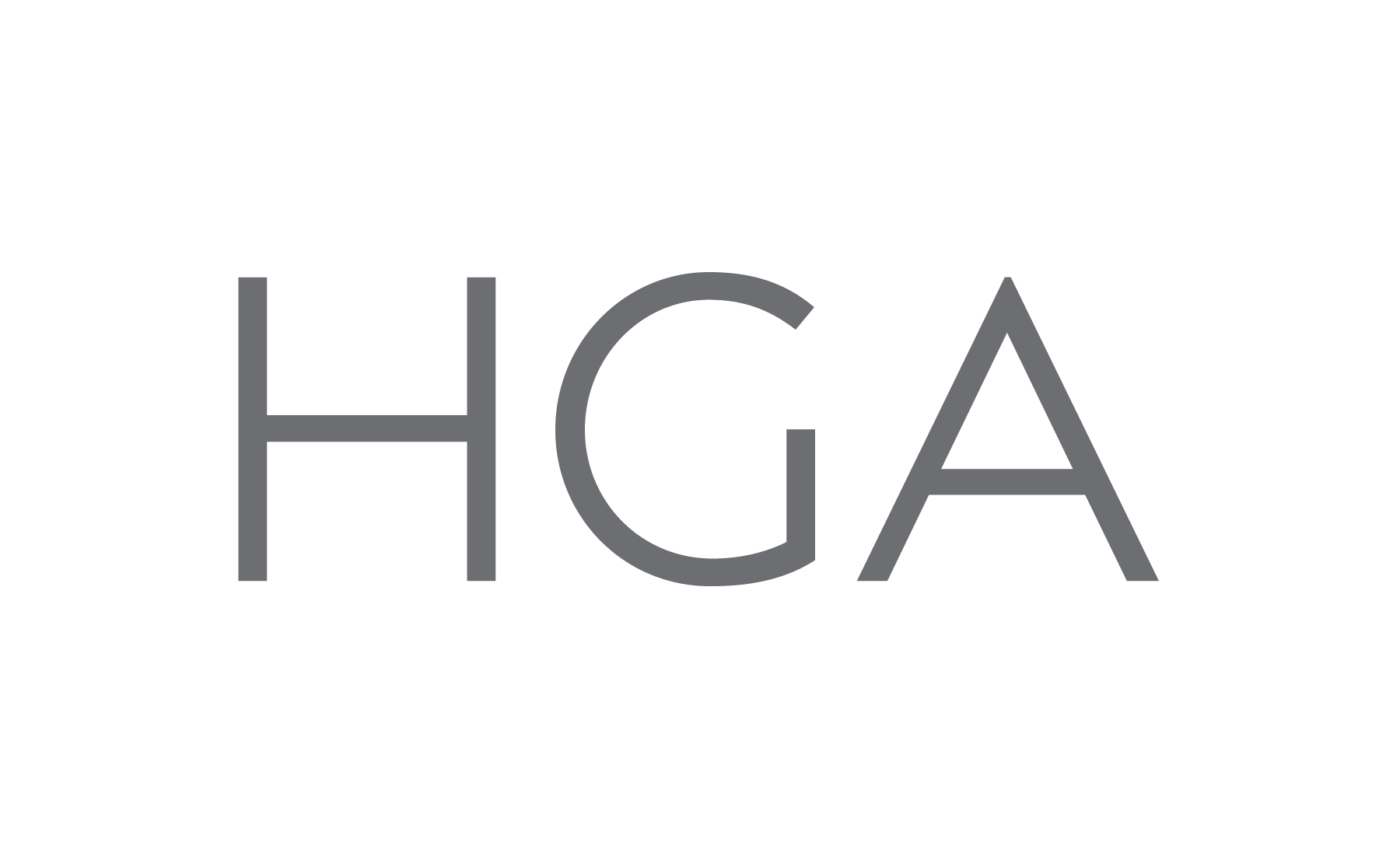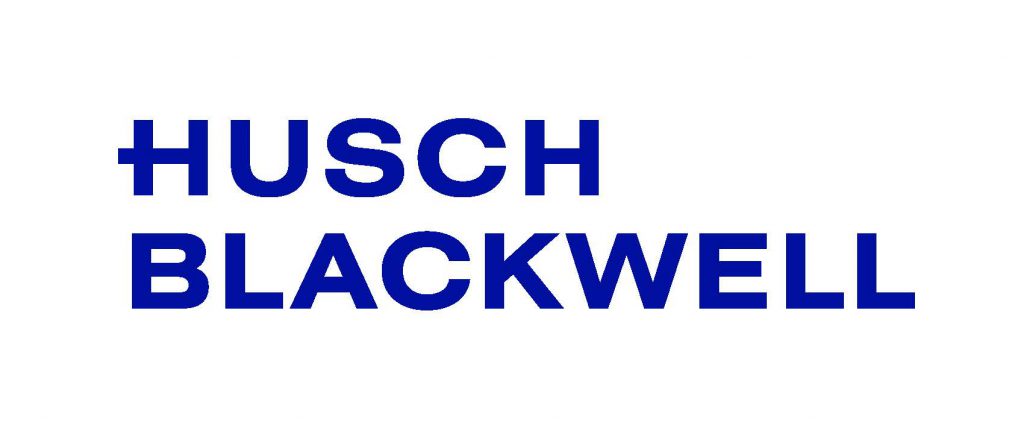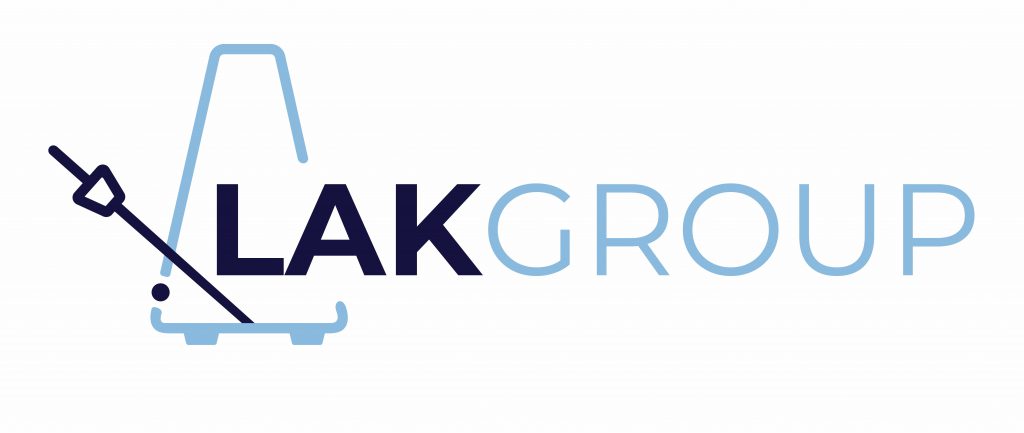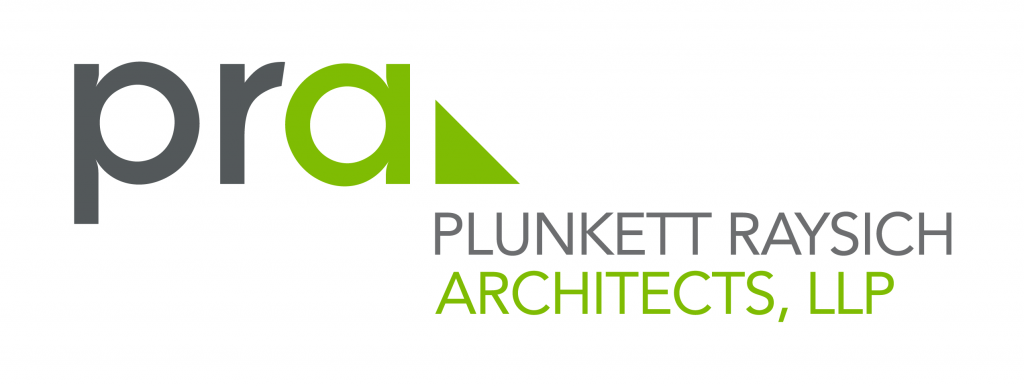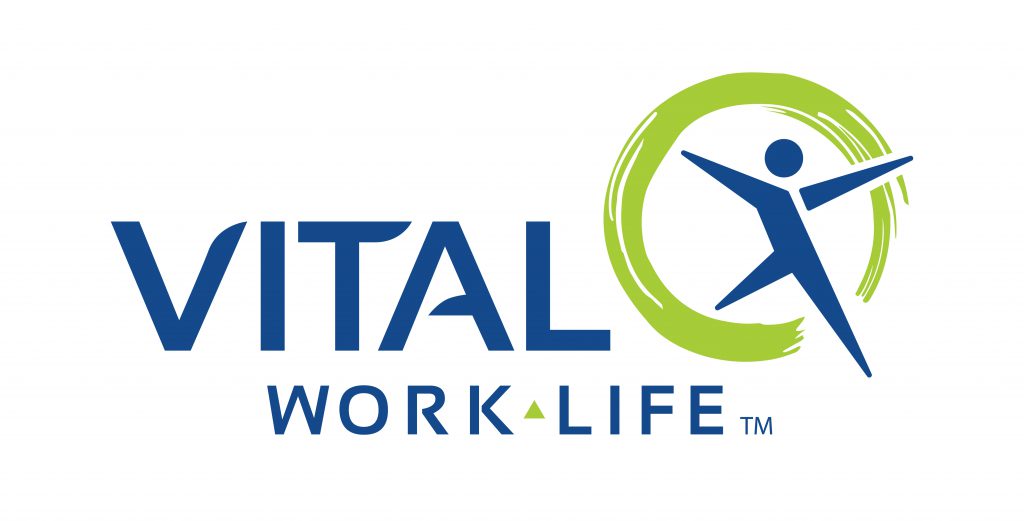By Eric Huckins, Vice President of Business Development, Lumicera
Anyone who has built–or has thought about building–a Specialty Pharmacy for their health system knows it’s not easy. It’s like running a business within a business—you need to have the sophistication required across the entire operation while still being able to deliver on the mission of providing personalized care. There are people to hire, technology systems to learn, contracts to negotiate and don’t forget, accreditation! Whether you’re building from the ground up or want to grow your of your specialty pharmacy faster, there are a few things to consider as you look to bring more revenue into your health system.
Build, Upgrade or Modular? There are options.
This is where the conversations–and the questions–start. If you don’t have an in-house specialty pharmacy, starting one from the ground up can be overwhelming. What if you have a program but aren’t getting the most out of it? Perhaps you have a decent model and just need one area enhanced–how do you find the best options to optimize a particular segment of the business?
Determining whether you have the time, talent and expertise within your system is key to understanding whether you need to bring in a partner to help you achieve your organizational goals.
As you’re making this assessment, here are some of the key departments and areas of expertise you need to consider when determining the best fit your specialty pharmacy program:
Operations
Ensuring this division is well run is vital to your onsite pharmacy’s success. The complexity of managing the prescription workflow requires expertise in data entry, prior authorization, financial support and reimbursement management to achieve optimal turnaround time that patients and providers demand. The dynamics of workload from day-to-day require intricate knowledge and experience to utilize human resources optimally while being precise with the high-dollar inventory management.
Staffing
Whether it’s your front-line staff or the people who ensure everything is working in the background, your specialty pharmacy team is instrumental to your success. Recruiting, training and retaining the right associates are a key part of the specialty pharmacy process. Specialty pharmacies require specialized staff to help with complex processes managing rare diseases, high-cost medications and insurance prior authorizations. Investment in the experience of your staff and the environments where they work pays dividends. And maintaining consistency is important–turnover or labor shortages could affect your patient experience.
Compliance and Risk Management
Knowing and adhering to regulatory standards and mitigating risk are also vital to maintaining a successful specialty pharmacy. As regulatory standards may vary by state, it is important to keep up to date on what is being implemented in the states in which you are dispensing. Additionally, it is critical to implement strategies to minimize medication errors and ensure safe medication practices.
Technology Integration
Technology plays a large part in a successful health system specialty pharmacy model. The journey from receiving the prescription to medication delivery (and all the patient conversations in between) and being able to manage inventory in real time will add to your bottom line. Ensuring you have the right platform to manage the prescription adjudication and deliver your patient management program can make an immense difference in operational efficiency. Your prescribers will be more likely to send their patients to your in-house pharmacy if they’re able to track their prescription and trust your team to deliver for their patients, while ultimately keeping that revenue within your health system.
Clinical Services Enhancement
With specialty pharmacy, service goes beyond dispensing a prescription. Because the disease states are so complex, being able to take the time necessary with a patient to walk them through all the information about their new medication and then developing a personalized journey based on their needs is essential to more positive outcomes. When a patient is happy with the service they’re receiving, they are more likely to return to your specialty pharmacy.
Inventory and Cost Management
Finding ways to trim costs, while still maintaining high levels of efficiency and care can be tricky. Working with your suppliers to secure better pricing and terms for your specialty pharmacy may often rely on higher volumes to realize those savings. If your output is lower, you will need to determine whether you can negotiate the rates you need with manufacturers to realize better savings. Logistics of delivering high-cost, temperature sensitive medication can be a science all its own. Having the right courier contracted at the right rate can drive significant savings and reduce medication replacement risk.
Performance Metrics and Reporting
Your healthcare leaders want to know what’s working and what’s not. That’s why having an analytics reporting platform that can provide on demand metrics and reporting will help keep your specialty pharmacy on track and your leaders in the know. Most specialty pharmacies focus on a variety of key performance indicators such as turnaround times, patient satisfaction and outcomes and budget adherence. Data is imperative for specialty pharmacies to find opportunities for network integrity and to gain access to limited distribution drugs. Finding a partner that has established connections with manufacturers is critical to expanding the patients that can be cared for at the in-house specialty, as well as increase the pull-through of specialty prescription dispenses from patient seen within the system.
Accreditation
Once the pharmacy is up and running, the next milestone is accreditation. When completed, the seals indicate your specialty pharmacy has been held to, and passed, very high standards. It’s one more indicator of the value that’s been put into the process and the care your patients will receive. But the work doesn’t stop at initial accreditation. Ensuring your pharmacy maintains those standards on the path to reaccreditation requires frequent quality monitoring and a routine auditing regimen. Having the formula to gain, maintain and add accreditations is essential for your specialty pharmacy’s success.
Designing a specialty pharmacy, whether it’s a complete build out or just a small segment, is a multi-level, complex process. Lumicera is continually monitoring and implementing best practices to help elevate the specialty pharmacy experience. Our Health Services Solutions team is prepared to offer insights and work alongside those looking to advance their specialty pharmacies. To learn more about our work and the steps we are taking to enhance others’ specialty pharmacies, click here: Health Systems – Lumicera Health Systems or call Eric Huckins, Vice President of Business Development at (608) 716-2667.
